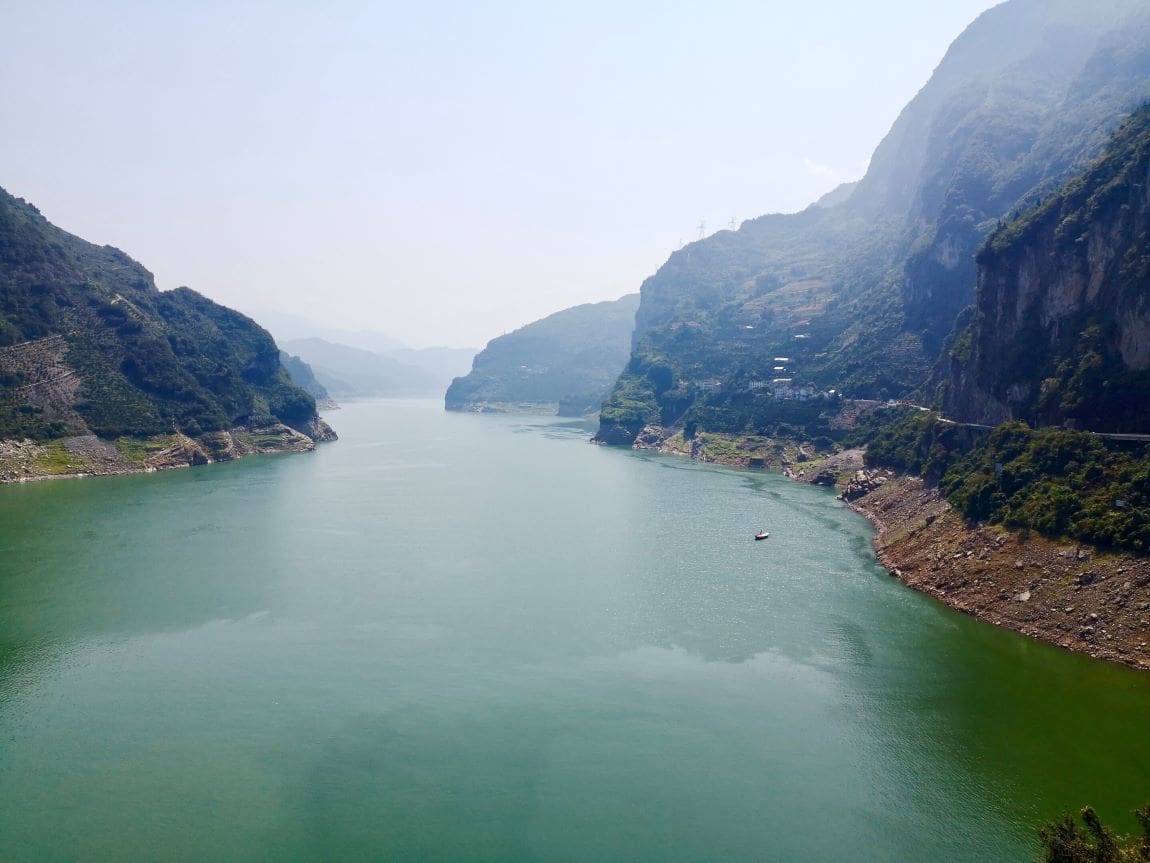By Institute of Atmospheric Physics | Chinese Academy of Sciences (CAS)
The Three Gorges Region of the Yangtze River (TGR) in China has a unique geographical location, complex geomorphological features, and a fragile and sensitive climate. The Three Gorges Project, as a large-scale comprehensive water conservancy hub project in the region, has not only greatly changed the nature, society and economy of the area, but also brought great benefits and created problems, such as environmental and climatic impacts. Therefore, it is of great importance to conduct climate and environmental monitoring in the region.
Recently, a team led by Chen Xianyan, a Professor at the National Climate Centre, published a report entitled ‘Climate state of the Three Gorges Region in the Yangtze River basin in 2022–2023’ in the journal Atmospheric and Oceanic Sciences Letters (AOSL).
The report, which is the fifth in the series published in AOSL, describes the characteristics of climate anomalies and acid rain in the TGR in the past two years.
Professor Chen, corresponding author of the paper, explains that to meet the needs of the construction and safe operation of the Three Gorges Project, she and her colleagues have been carrying out local climate monitoring and assessment for many years, and have been releasing the annual climate report on the TGR to the public for six years.
“The work involving the collection of climate data, monitoring of extreme weather events, and assessment of the impact of climate change over the TGR plays a crucial role in supporting the construction of an ecological civilization in the region and promoting regional development,” Professor Chen said.
The report points out that the average temperature in the TGR in 2022 and 2023 was 0.8℃ and 0.4℃ higher than normal, respectively, making them the two warmest years in the last decade, particularly in the summer of 2022, which was the hottest on record. Precipitation was very different between the two years, with rainfall in 2022 almost 20% below normal, and the high temperatures and low rainfall led to a severe drought in the area that lasted from summer to winter (see image, below), while rainfall in 2023 was 15% higher.
During these two years, the region experienced extreme heatwaves, regional heavy rainfall and flooding, overcast rain, and cold spells. The report also discusses the important factors contributing to the occurrence of the extreme heatwave in the summer of 2022.
Journal Reference:
Tong Cui, Xianyan Chen, Xukai Zou, Linhai Sun, Qiang Zhang, Hongling Zeng, ‘Climate state of the Three Gorges Region in the Yangtze River basin in 2022–2023’, Atmospheric and Oceanic Science Letters (2024) 100540. DOI: 10.1016/j.aosl.2024.100540
Article Source:
Press Release/Material by CAS
Featured image: In August 2022, part of the river bank at the Three Gorges Reservoir was exposed as the water level dropped due to insufficient rainfall. Credit: Liang Chen




